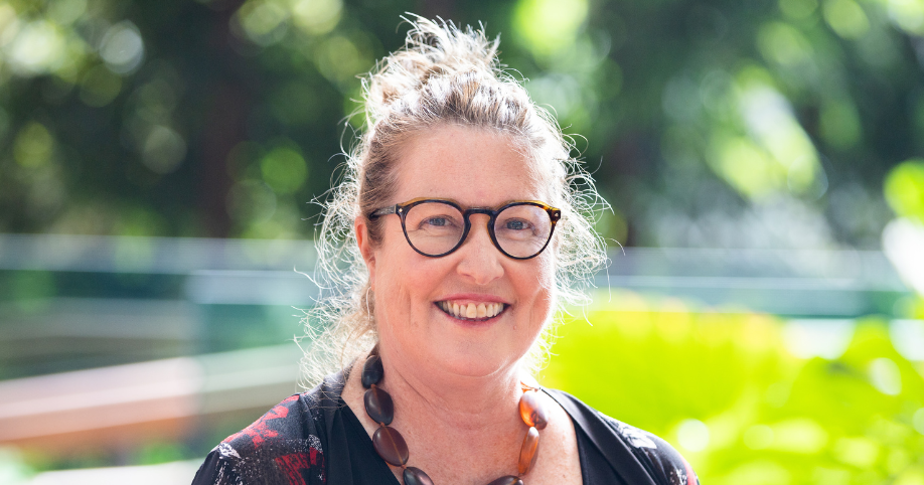
Aboriginal and Torres Strait Islander mothers who experience asthma have a new approach to asthma care during the perinatal period supported by Queensland researchers from Mater Research.
Mater Research’s Professor Vicki Clifton is leading the new approach to asthma care, thanks to a $50,000 Betty McGrath Health Care Delivery and Innovation (HCDI) Seeding Grant.
As part of Prof Clifton’s study, a nurse practitioner is based at South Brisbane’s Mater Respiratory Clinic, working in partnership with Aboriginal and Torres Strait Islander health workers and mothers, to ensure asthma care is tailored during the antenatal period and to meet the needs of mums and their unborn babies.
Prof Clifton, who leads Mater Research’s Queensland Family Cohort longitudinal health study, and Mater’s Pregnancy and Development Research Group, said her team was also ensuring that women with asthma receive the most appropriate medications in pregnancy.
“Appropriate asthma medications during pregnancy result in big improvements for a baby in terms of their growth, their survival, and their health as they grow up,” Prof Clifton said.
The latest study, A sustainable approach to asthma care for improving outcomes for Indigenous Australian women, follows Prof Clifton’s previous research into pregnancy outcomes at Mater Mothers’ Hospital between 1999 to 2019.
“Many women don’t realise that their asthma can have an impact on birth outcomes, including the most severe outcome of stillbirth,” Prof Clifton said.
“Our research found the outcomes of many babies could have been improved, including for Aboriginal and Torres Strait Islander women.”
Asthma is the most common respiratory illness in Aboriginal and Torres Strait Islander Australians, and when impacted by asthma it can lead to women giving birth to smaller, premature or even stillborn babies.
The study, published in The Australian and New Zealand Journal of Obstetrics and Gynaecology, identified high neonatal death rates among women, particularly Aboriginal and Torres Strait Islanders, who have asthma during pregnancy.
Prof Clifton’s findings from the study, involved 1,118 Aboriginal and Torres Strait Islander women with asthma and 17,684 non-Indigenous women with asthma.
The study using perinatal data from Mater Mothers’ Hospital identified that 24 per cent of Aboriginal and Torres Strait Islander and 17 per cent of non-Indigenous women had pregnancies complicated by asthma.
“Our study found women with asthma both Aboriginal and Torres Strait Islander women and non-Indigenous women were more likely to have adverse birth outcomes,” Prof Clifton said.
“The data indicates that effective asthma management during pregnancy is an unmet need for Aboriginal and Torres Strait Islander women and is essential if we are to avoid these devastating outcomes for families.
“This is an important piece of research as significant changes occur in a woman’s placenta throughout pregnancy, that vary depending on the sex of the baby.
Prof Clifton said the way a female fetus responds to a mum with asthma was different to how a male fetus responded.
“What we identified was that females change how their placenta works in many ways and they start to grow along a smaller trajectory,” Prof Clifton explained.
“So, they are smaller in size but not growth restricted.
“Whereas male babies start to ignore the presence of the asthma and keep growing.”
However, Prof Clifton said findings showed that if a mum’s asthma worsened, and she had an asthma attack during pregnancy, it did not affect the female baby.
“She keeps growing along the smaller trajectory and she’s OK,” she said.
“But for the male baby, the asthma flare up compromises his ability to grow and he either ends up growth restricted or delivers preterm, or the worst case scenario is associated with still birth.”
Prof Clifton acknowledged when mums control asthma, children are less likely to develop asthma.



